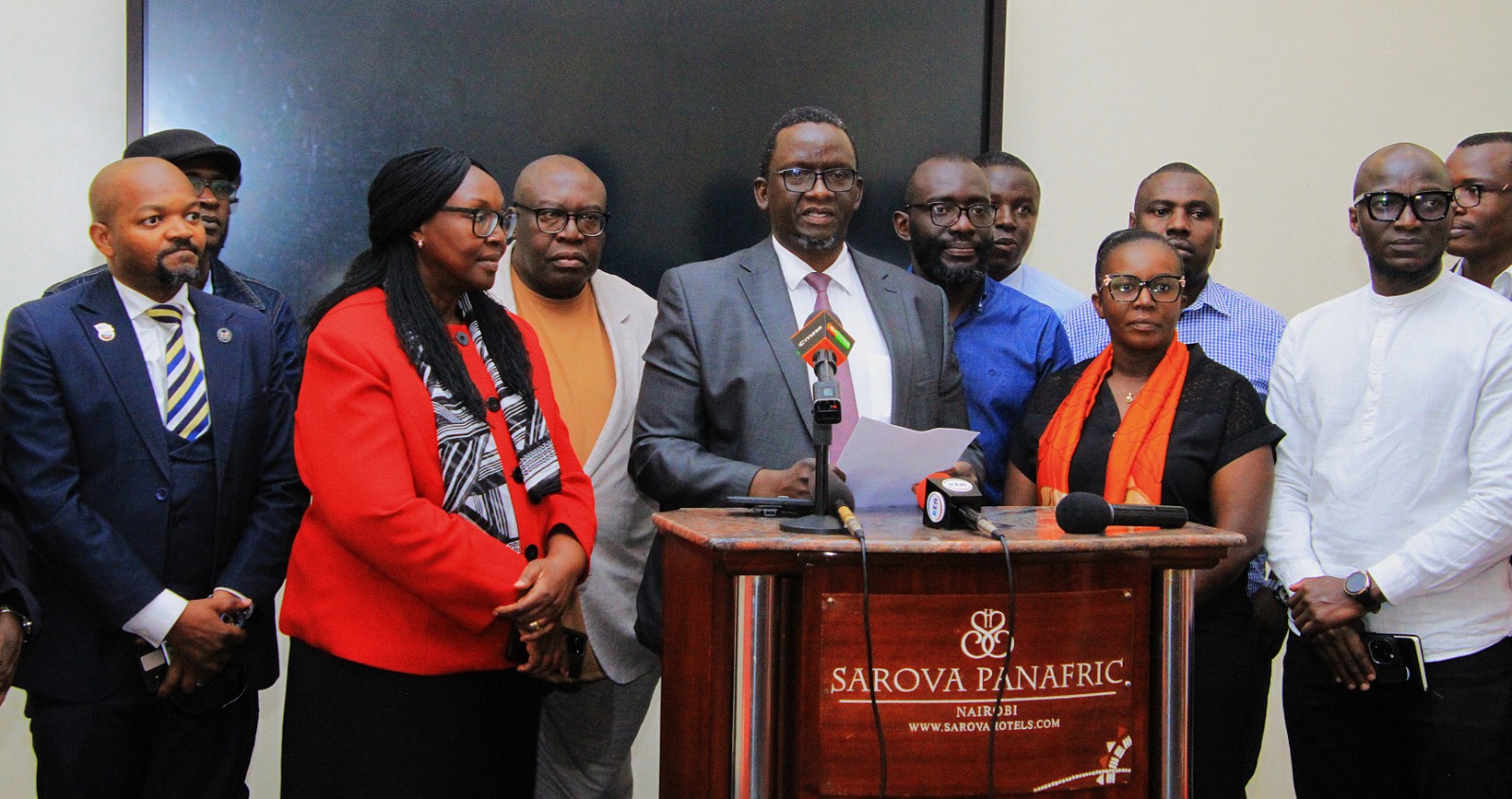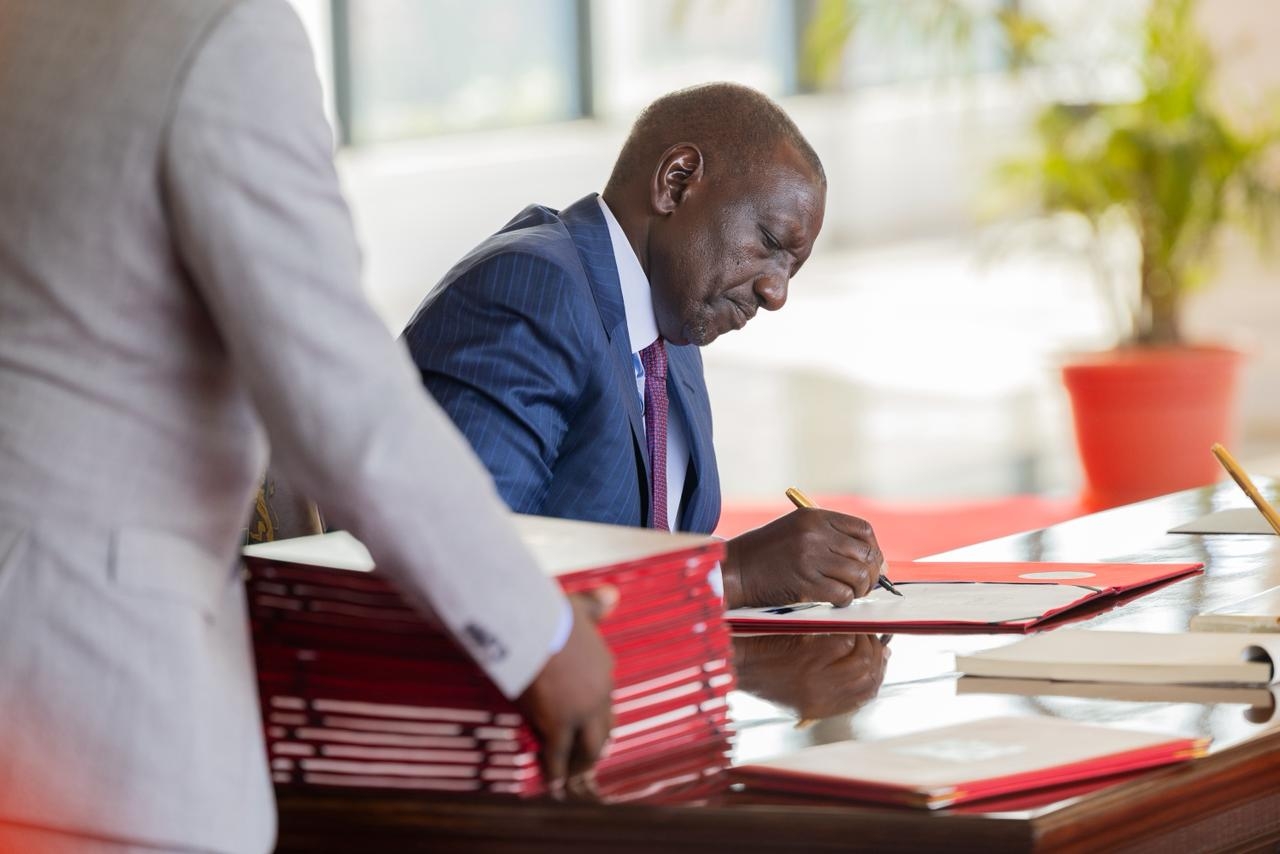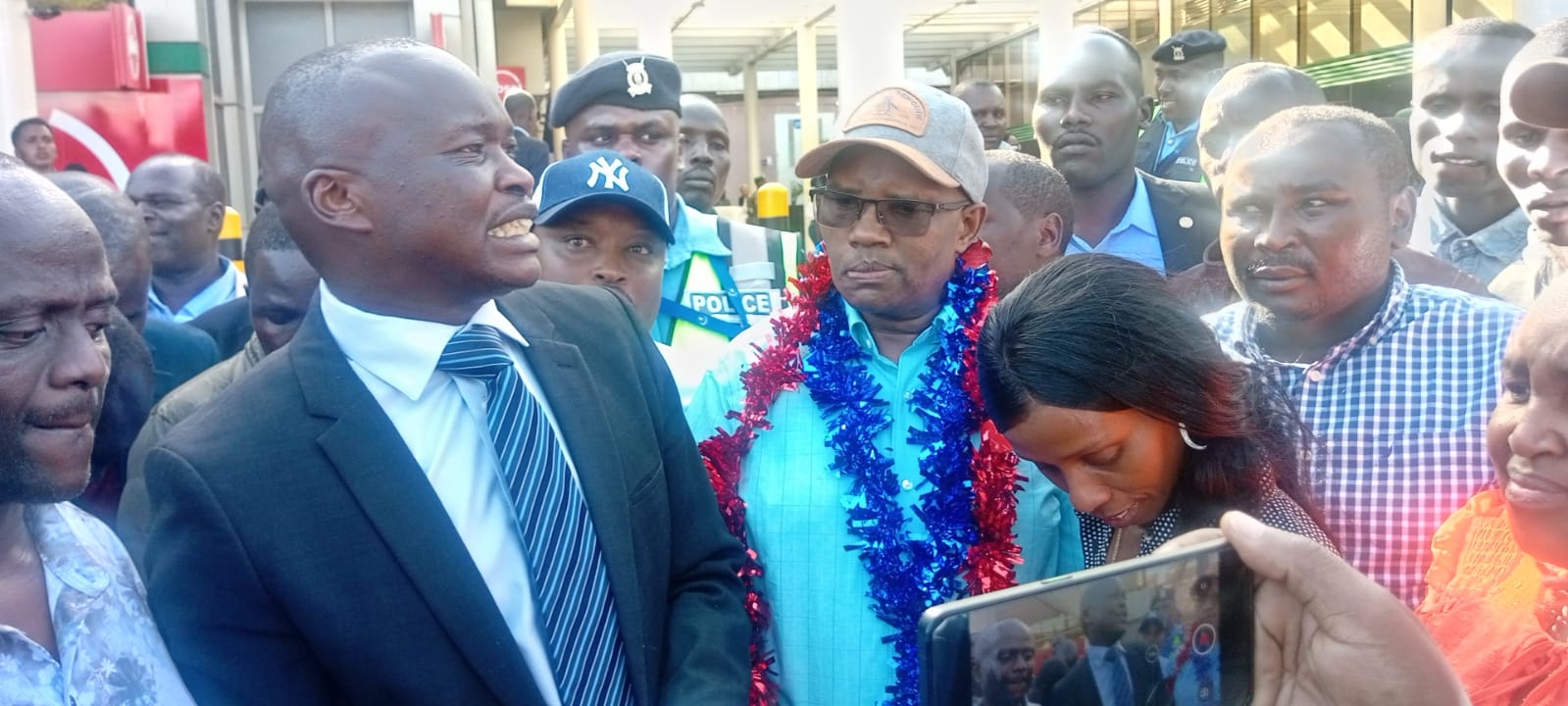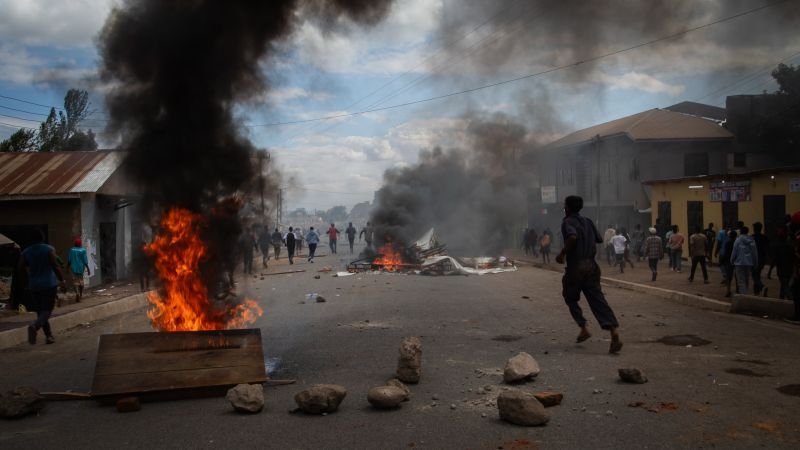President William Ruto has been called upon to rescind his decision to lift the ban on Genetically Modified (GMO) foods even as debates around the matter continue across the country and beyond.
A section of farmers from the Nyanza region through their network of Participatory Ecological Land Use Management (PELUM) Association want more input into the matter before the final decision.
The farmers claimed various key stakeholders including the farmers themselves were not involved in the decision which they state was rushed by the President.
They were speaking in Muhoroni during a meeting by PELUM where the farmers were being made to understand the impact of the President's move and at the same time raise their concerns on the matter.
Support for Tropical Initiative in Poverty Alleviation (STIPA) representative Pamela Opiyo noted that the matter should be urgently addressed because the safety aspect, dilemma and even anxiety around the topic were not good for the farmers.
Opiyo noted that there was a need for a deeper discussion on the matter noting that GMOs has both bad sides and good sides, and it seems the bad outweighs the good.
However, Fredrick Taabu from Community Rehabilitation and Environmental Protection (CREP) Program noted that a proper platform should be made available to adequately discuss the matter.
Taabu noted that there are so many fears that need to be addressed on the matter.
Taabu said the President must reverse his decision at the same time provide a proper platform for dialogue amongst all the stakeholders in the matter.
Kenya Food Alliance Coordinator Daniel Maingi noted that the country still lacks the capacity to handle the impacts of the industrial adoption of GMO technology.
Maingi noted that they are not totally opposed to biotechnology, but when it's a matter that will affect the environment, they have to look at it.
"The impact of technology on the environment, health and even economic sustainability must be addressed," he said.
He noted that Kenya was able to feed its people through sustainable agriculture adding that politics had taken over the GMO debates.
"Kenya is able to feed its people through the improvement of the available traditional food production methods through proper policy formulation," he added.
PELUM is a network of 280 Civil Society Organizations and NGOs working with small-scale farmers in East, Central, and Southern Africa.
The network has 57 member organizations in Kenya.
It promotes agroecological principles and practices through, advocacy and policy influence, networking, capacity development, information, and knowledge sharing.
















